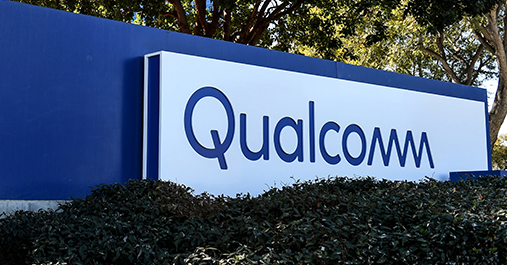
SAN DIEGO: Chipmaking giant Qualcomm said Tuesday it is acquiring Arduino, a move aimed at embedding its technology with the tinkerers and startups who are building the next generation of robots and intelligent devices.
Arduino, an Italy-based maker of inexpensive, programmable circuit boards, is a staple in university labs, hardware startups and hobbyist workshops for prototyping new ideas. Qualcomm did not announce the acquisition price but said Arduino will operate as an independent subsidiary.
The acquisition gives Qualcomm direct access to a grassroots developer community it has historically found difficult to reach. While Arduino boards are not typically used in final commercial products, they are a critical first step for testing concepts. Qualcomm hopes that by getting its chips into these early prototypes, it can build loyalty and secure future commercial chip sales as those projects mature.
“You start to move towards prototyping, proof of concepts, and once you’re ready, you can go commercial, which is something we are obviously very familiar with,” said Nakul Duggal, Qualcomm’s general manager for automotive, industrial, and embedded Internet of Things.
The deal is part of Qualcomm’s broader strategy to diversify its revenue streams as the smartphone market slows. The company’s automotive and IoT business, which includes chips for industrial and robotics products, now accounts for a combined 30% of its revenue from chip sales, according to its most recent quarterly report.
Rival chipmaker Nvidia has also been courting this market, selling developer kits for its robot chips directly to consumers. Qualcomm has sought to become more essential to developers, acquiring two other companies in the past year, Foundries.io and Edge Impulse.
Duggal said Qualcomm hopes to eventually power advanced robots, including humanoid models that require significant AI computing power.
As part of the new partnership, Arduino will for the first time release a board with a Qualcomm chip. The new product, called the Uno Q, will be priced between $45 and $55 and will be equipped with a Qualcomm Dragonwing QRB2210 processor capable of running Linux and performing computer vision tasks.
Current Arduino boards use less powerful microcontrollers from companies like STMicroelectronics and NXP Semiconductors. Qualcomm stated it will continue to sell those chips through Arduino and plans no significant changes to Arduino’s operations or management.
“My success criteria is that the Arduino ecosystem doesn’t even feel that there is any change in ownership here,” Duggal said.